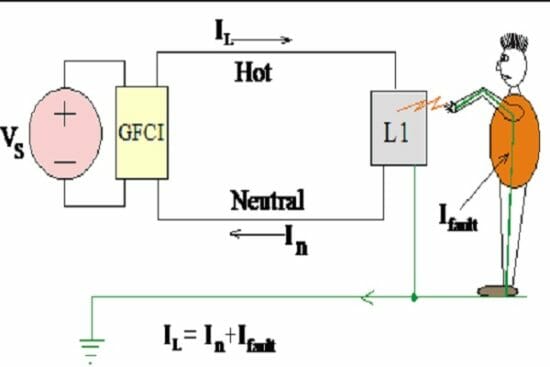- Course No E – 1734
- PDH Units: 7
No data found for Custom Course Number
No data found for Custom Course Units
- Course No E – 1734
- PDH Units: 7
Intended Audience: All Engineers
PDH UNITS: 7
This is a 7-hour course that introduces electrical concepts for those who wish to obtain a better understanding of electricity before taking more advanced courses in electrical applications. The course covers DC and AC electrical theory, with an emphasis on concepts that are particularly useful for understanding the many codes and standards that apply to the design and installation of various electrical systems. It also explains the purposes, characteristics and operation of wire, fuses, circuit breakers, disconnects, capacitors, inductors, safety devices, transformers and surge protection. The course provides numerous examples of calculating important quantities such as voltage drop, wire size, transformer size and fuse or circuit breaker size. Course Content: The basics of electricity – charge, current, voltage, power, energy. Basic DC and AC electrical laws and concepts. Electrical components, including current and voltage sources, resistance, capacitance, inductance, overcurrent protection, disconnects, safety devices, transformers and surge protection.
Learning Objectives:
Upon completion of the course, the student should understand:- The concepts of electrical charge, current, voltage, power and energy
- DC electrical laws and concepts including Ohm’s law, Kirchhoff’s laws, series and parallel circuits
- Common methods of electricity production
- AC electrical laws and concepts, including single phase and 3-phase power systems, capacitance and inductance, current and voltage phase relationships, power and power factor, distribution systems and harmonics
- Electrical components and their characteristics, including wire, overcurrent protection, disconnects, safety devices, transformers and surge protection.
Once completed, your order and certificate of completion will be available in your profile when you’re logged in to the site.









